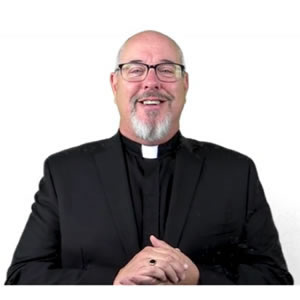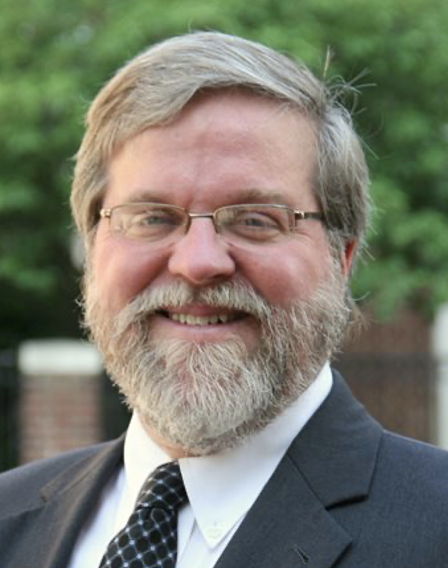
The grand scope of this very familiar text is very grand indeed. There is a lot going on here. Although “Jesus was born…” is all that Matthew has to say on the matter, what comes next is full of detail:
Bethlehem is only five miles south of Jerusalem – close to the action, and yet distinctively different, as it is the town of David, and Jesus is from the Davidic line.
The Magi are astrologers (in the religious sense) from either Babylon (Iraq) or Persia (Iran) or Arabia (now covering multiple countries). The point is that they are pagans. The first people to worship Jesus (“… they knelt down and paid him homage” vs. 11) are therefore pagans. (The association with kings comes from a tradition that reflects Psalm 72.)
The gifts, as many scholars have pointed out, have great symbolism both for Jesus and for us: Gold for a king (and our call to virtue); Frankincense as an offering to the divine (and our call to worship and praise); and Myrrh as a burial spice (and our call to suffering and self-sacrifice).
Matthew provides us with significant parallels between the nativity story and that of Moses in the Old Testament: Both Josephs are dreamers; Pharaoh and Herod kill Israelite children; and Moses and Jesus come out of Egypt and into the promised land. (Again, this is a familiar scholarly overview, but I am indebted to R. Alan Culpepper for the one I have provided here.)
As useful – and as powerful – as this overview is, I am reminded of the question a Dutch friend of mine would ask at the conclusion of every class I taught while I was his pastor, “And what of the people?” This foregoing theological overview comes at the cost of the human story with which the divine plan of salvation intersects:
Mary and Joseph are not welcome in the homes of his family in his ancestral hometown of Bethlehem. Perhaps the stain of scandal has followed them from Nazareth. They are excluded and rejected. And soon they will be refugees, fleeing persecution at home, and seeking safety in Egypt.
Herod’s state of fear (vs. 30) is typical of the man. The historical record reveals him to be a man who knew how to divide people, and to play them off against each other (in his case, involving multiple Roman and Jewish factions). His paranoia and narcissism can be seen even today in the remains of the vast fortresses he built – for his own glory and for his protection.
The ones who suffer the most in all of this, are the ones after whom the holy day is named, the Innocents (observed in the ELCA calendar on December 28th ). When the powers of this world strike out, defend their interests, flex their muscles, it is the innocents that suffer – either as the easy target to lash out against, or simply caught in the crossfire.
The Magi in Matthew’s account, and the shepherds in Luke’s, begin a trend that will continue all through the Gospel – those who ought to be drawn to Jesus (the religious leaders) reject him; and the most unlikely cast of characters (pagans, itinerate shepherds, thieves, prostitutes, tax collectors… AKA, sinners) are drawn to him.
The power of the nativity account can never be fully described. However, Pope Francis in his Apostolic Letter, Admirabile Signum, makes a powerful and I think useful observation:
It is customary to add many symbolic figures to our nativity scenes. First, there are the beggars and the others who know only the wealth of the heart. They too have every right to draw near to the Infant Jesus; no one can evict them or send them away from a crib so makeshift that the poor seem entirely at home. Indeed, the poor are a privileged part of this mystery… By being born in a manger, God himself launches the only true revolution that can give hope and dignity to the disinherited and the outcast: the revolution of love, the revolution of tenderness. From the manger, Jesus proclaims, in a meek yet powerful way, the need for sharing with the poor as the path to a more human and fraternal world in which no one is excluded or marginalized.
And what ought to be our response to this call to establish “a more human and fraternal world in which no one is excluded or marginalized”? As St. Teresa states with elegant simplicity: It is Christmas every time you let God love others through you.


